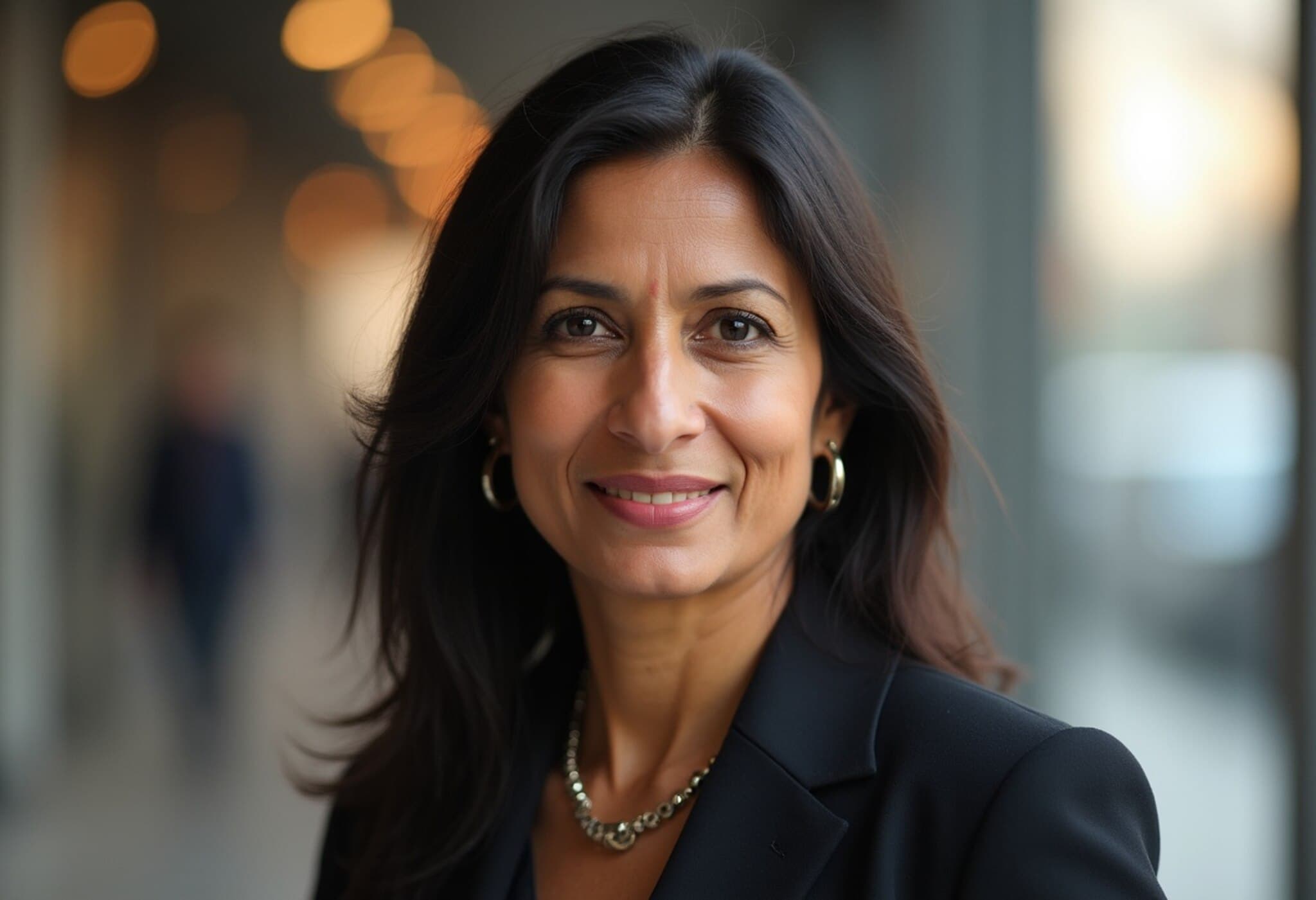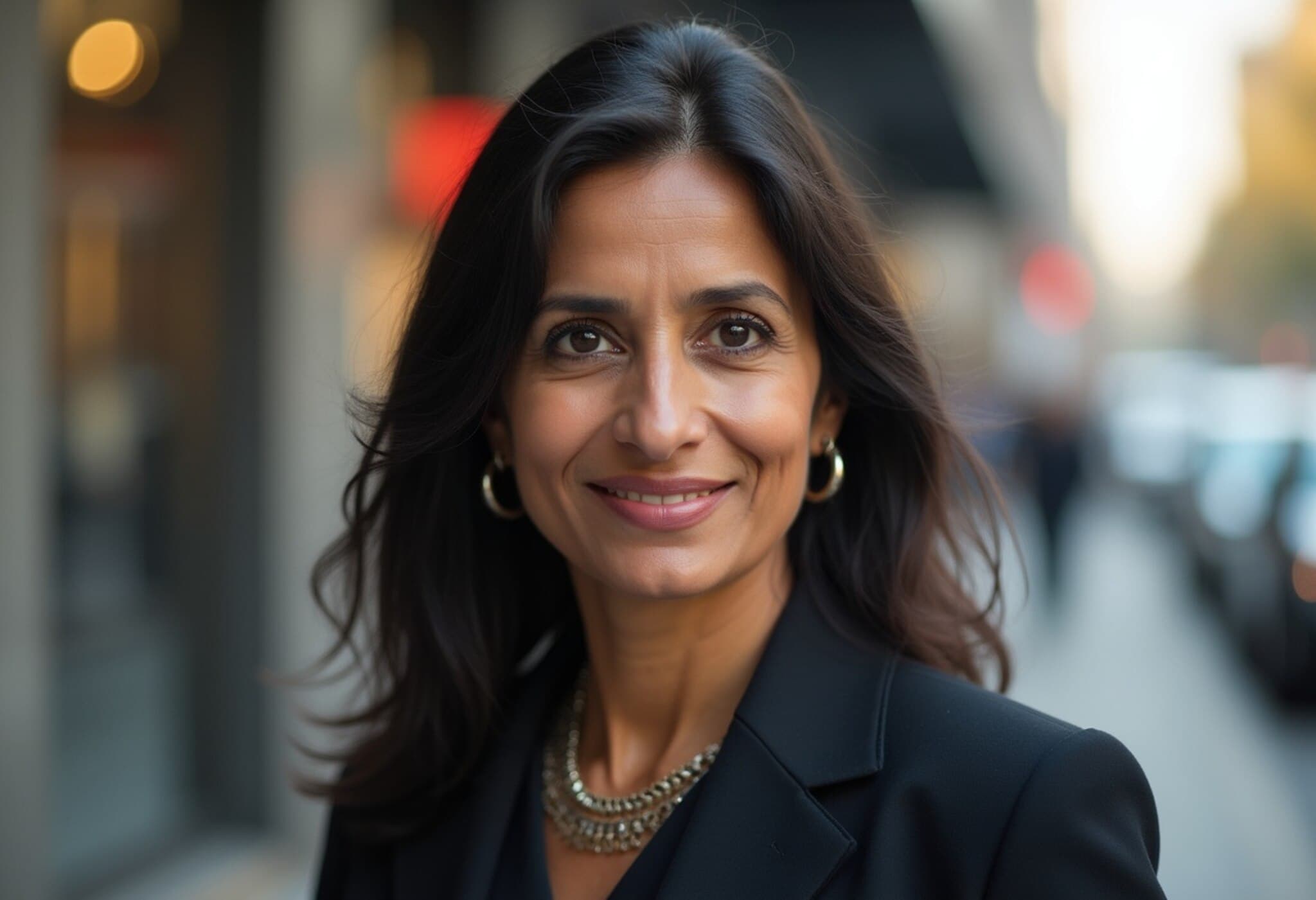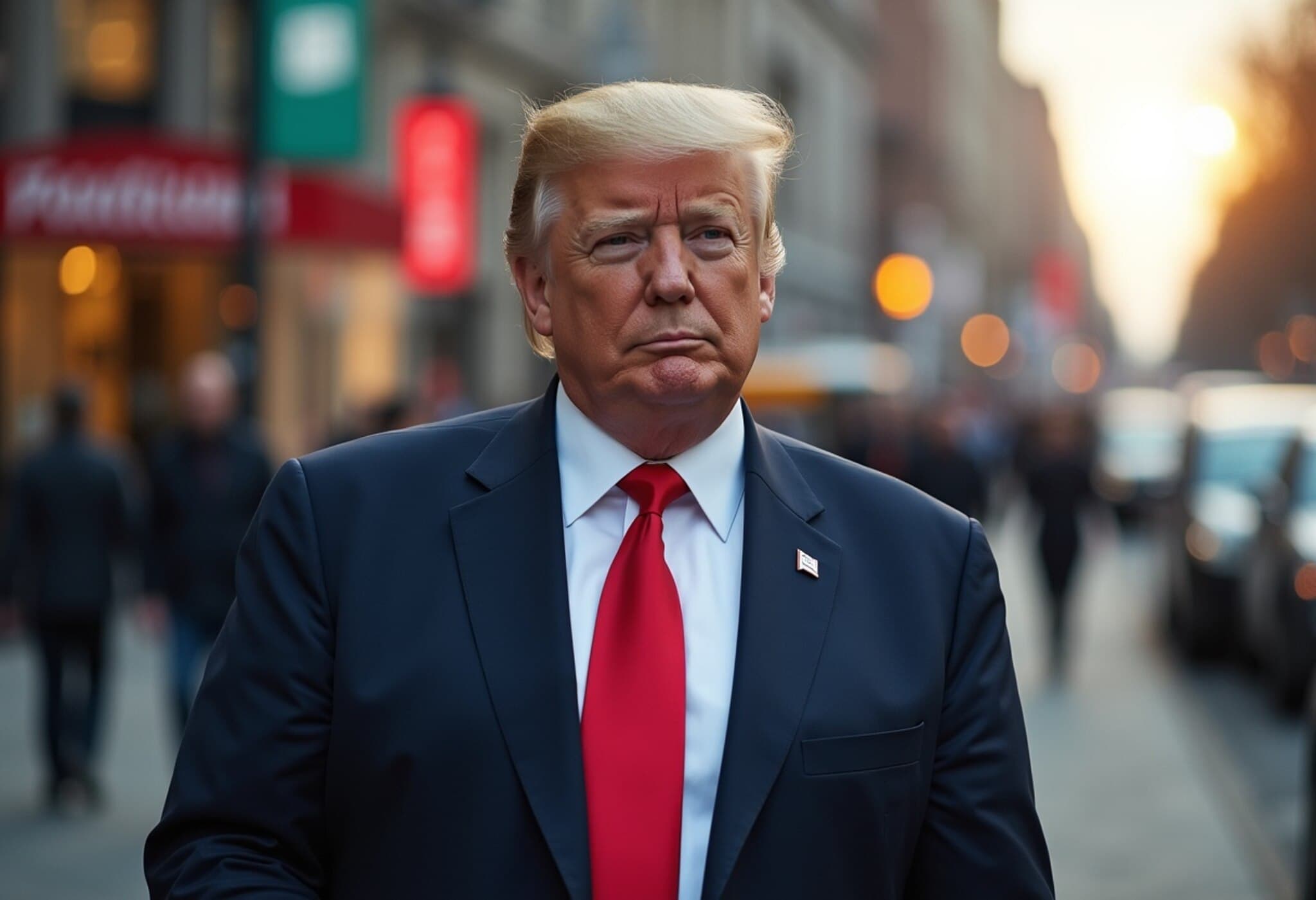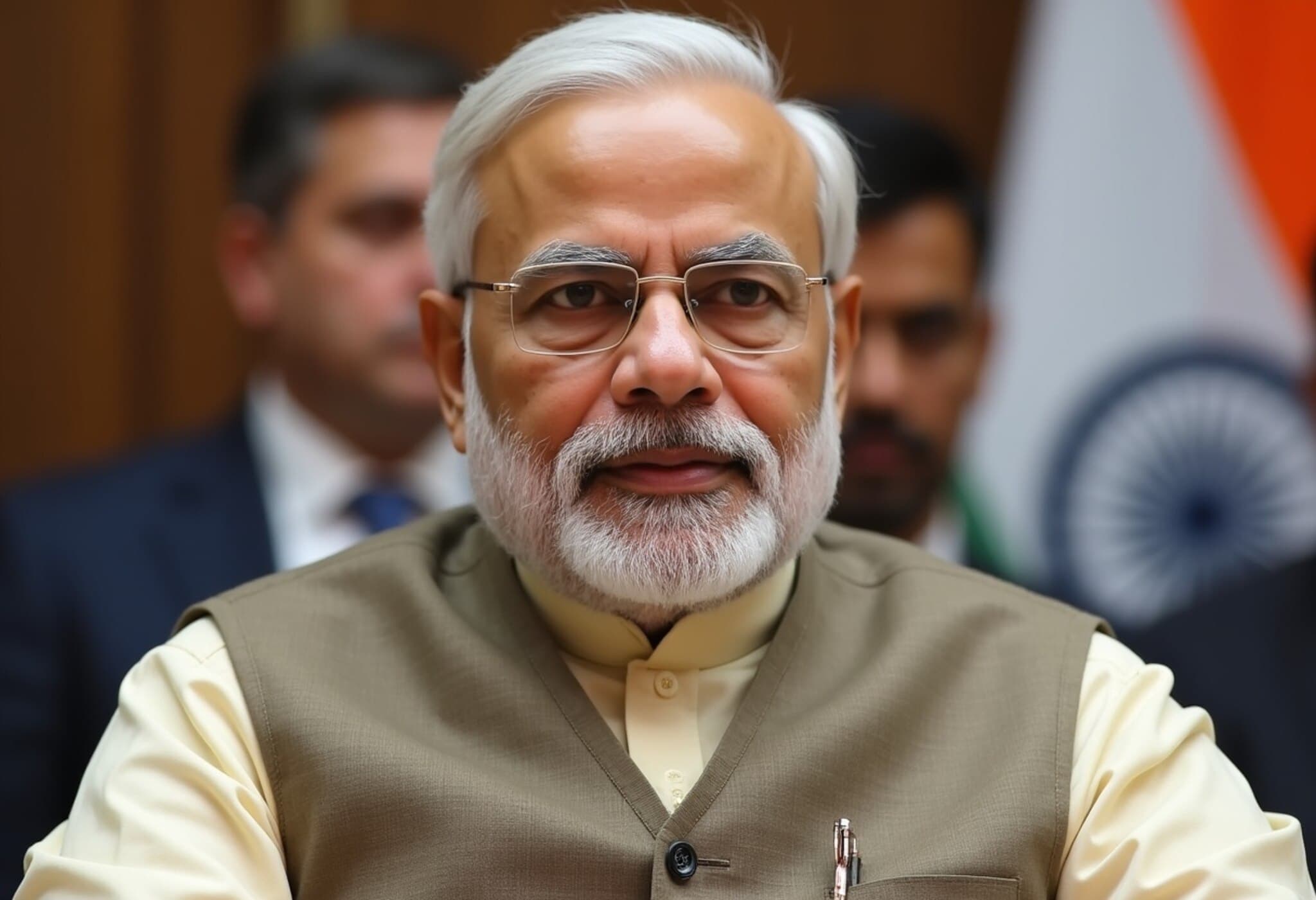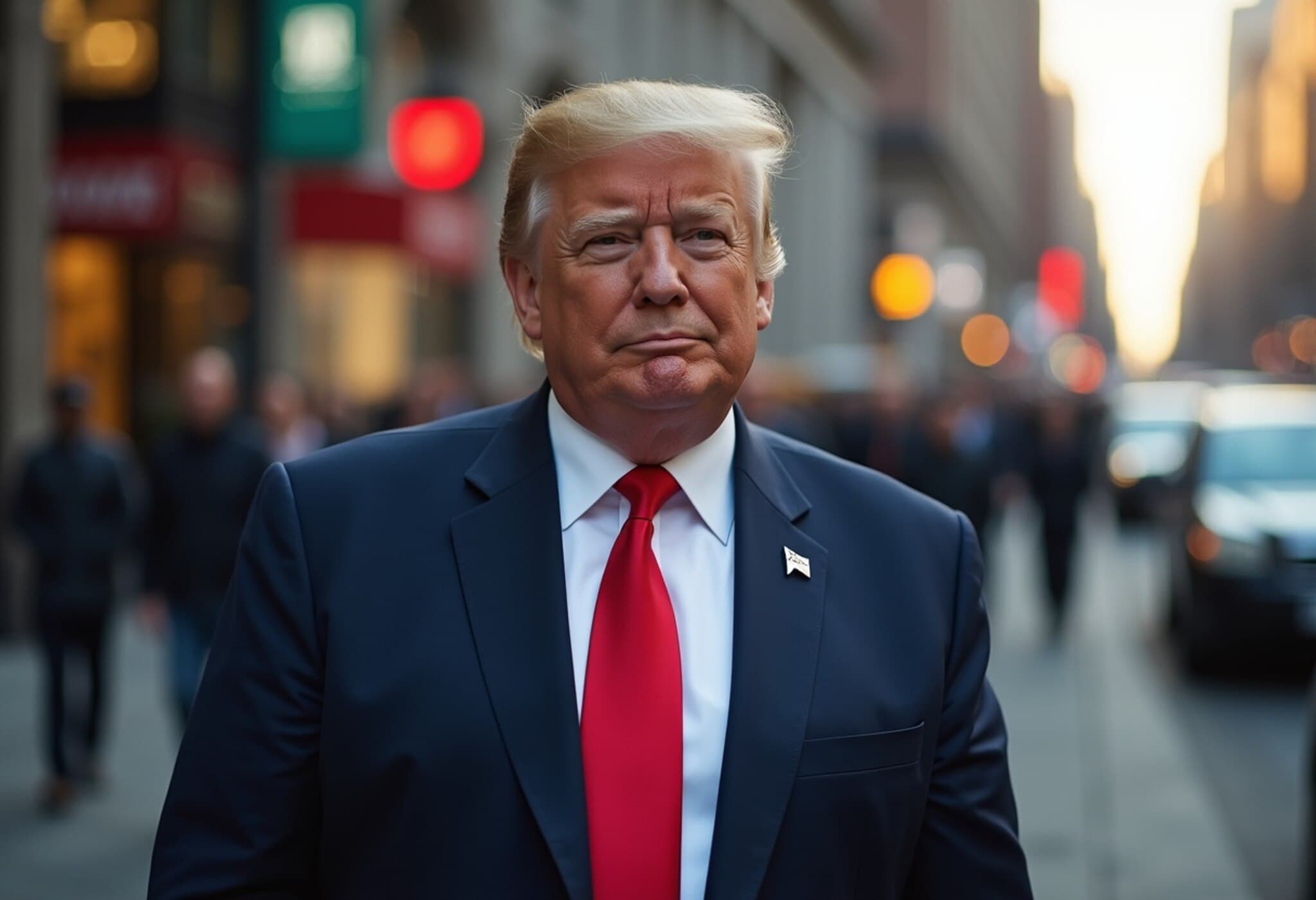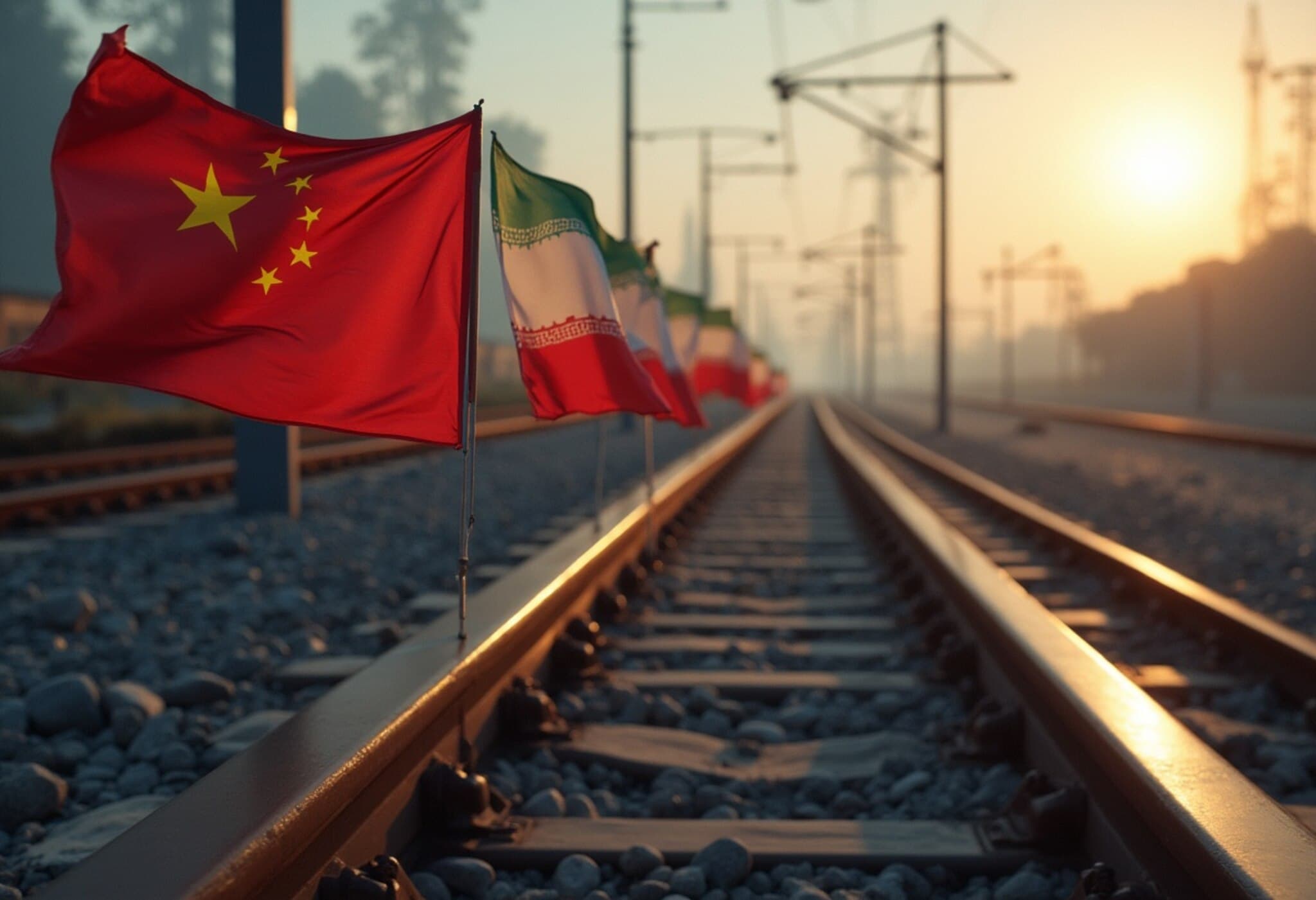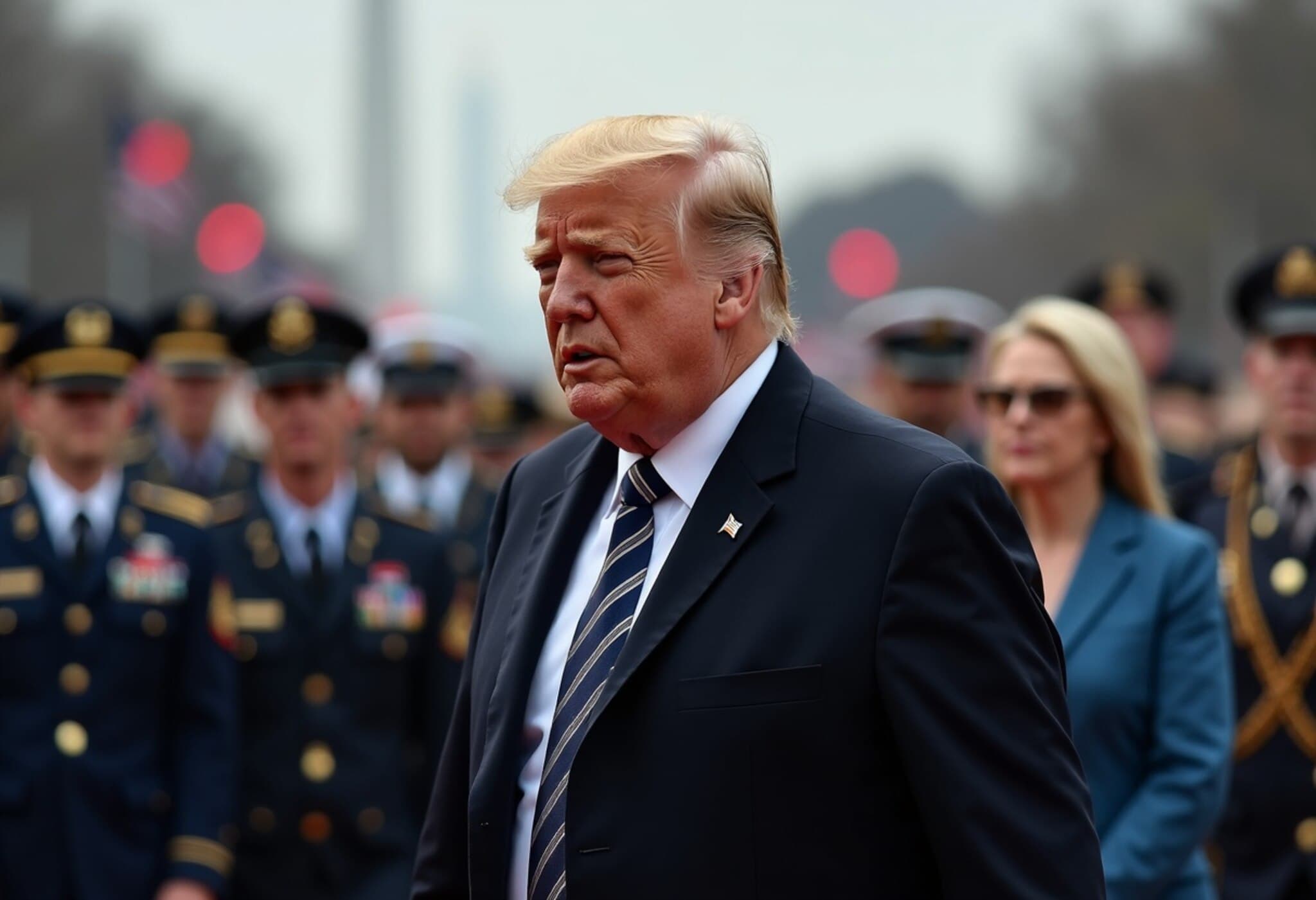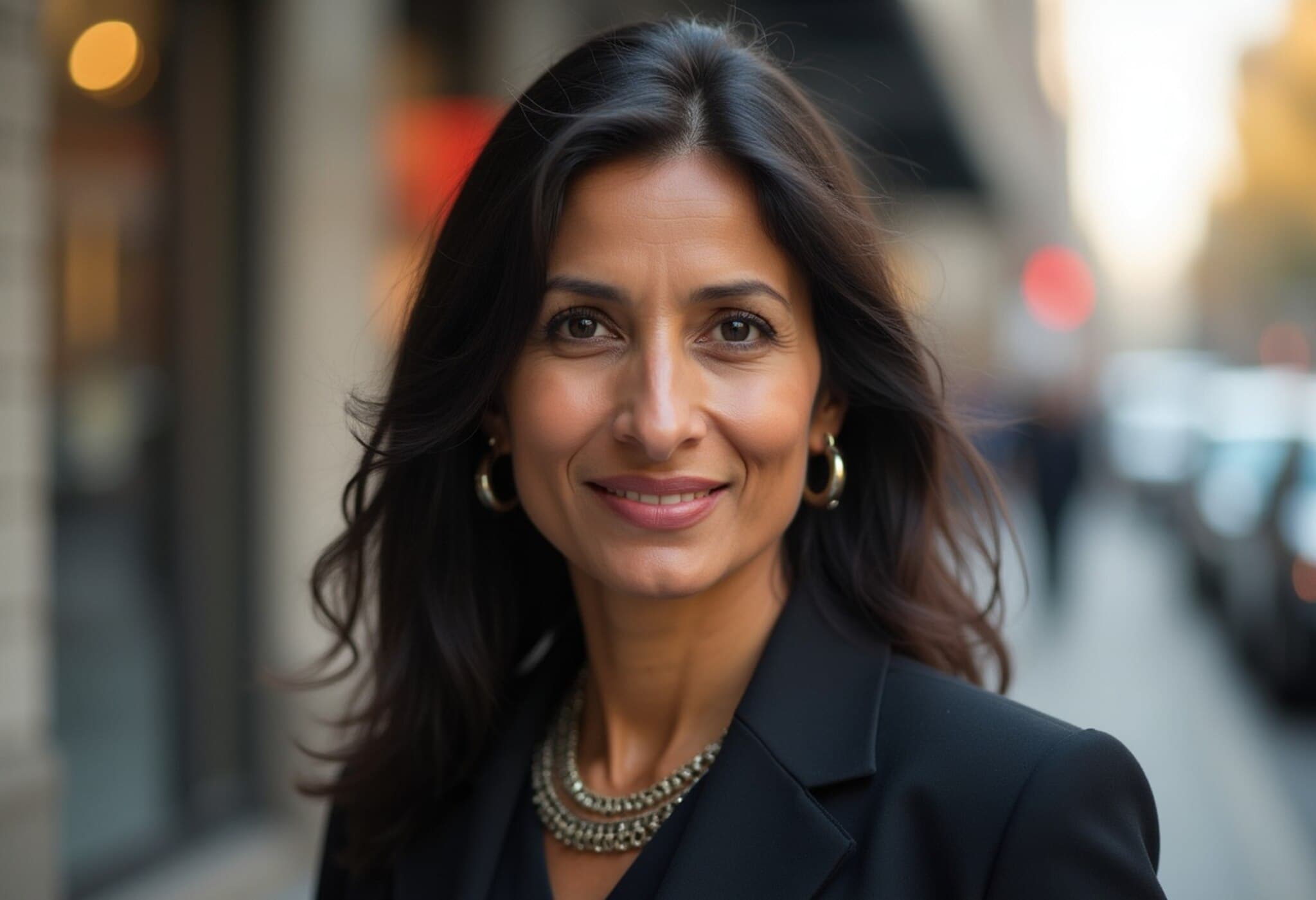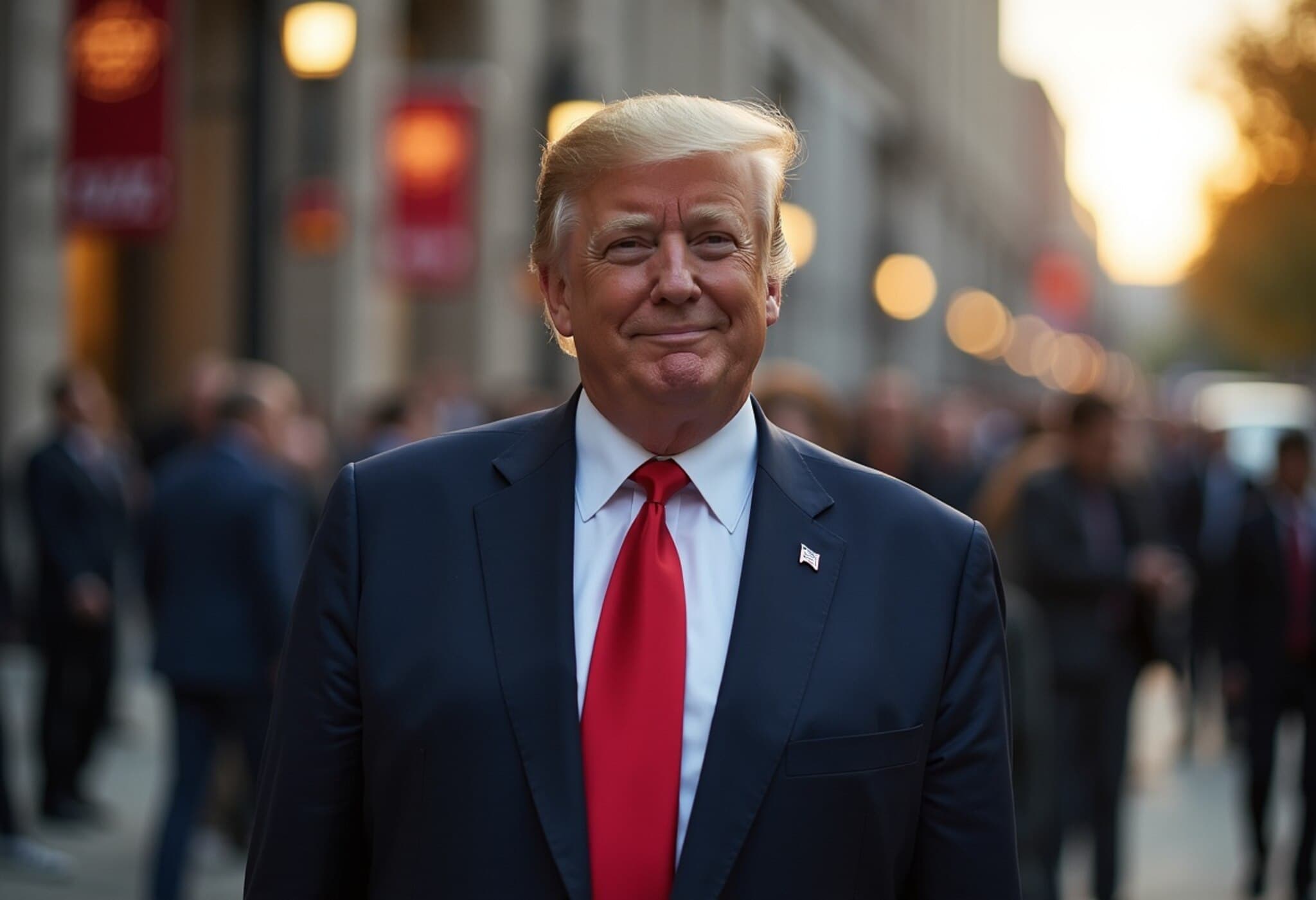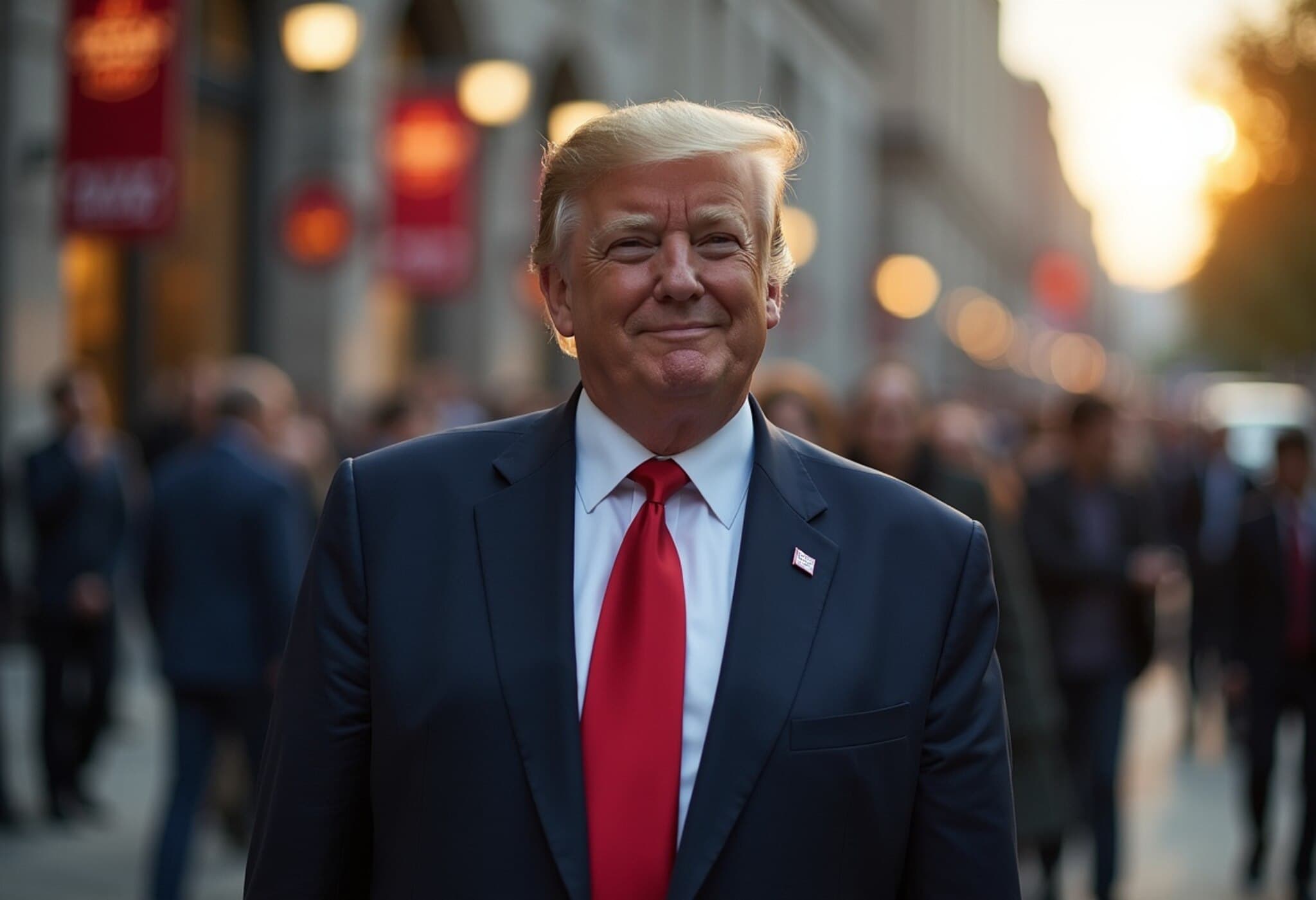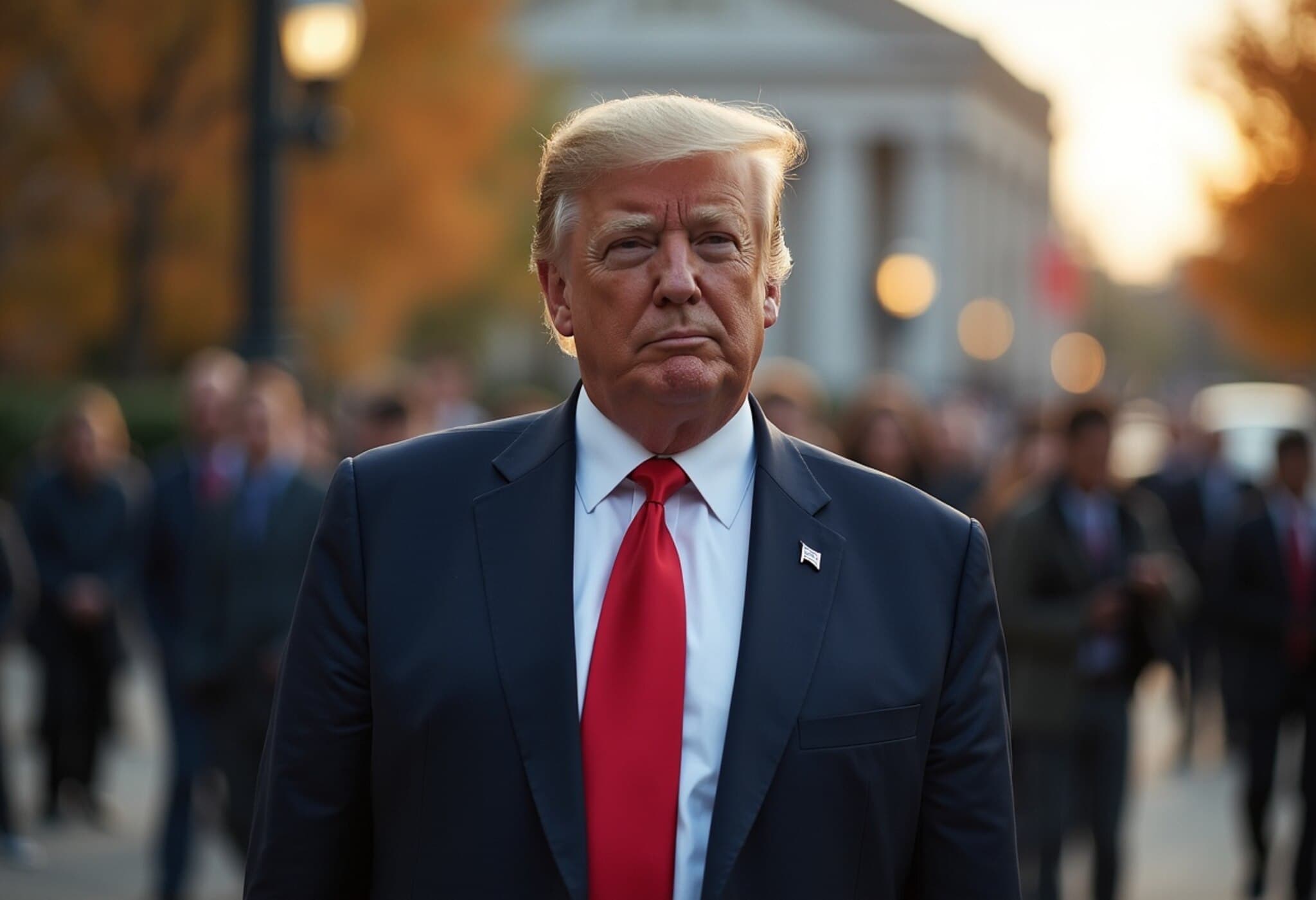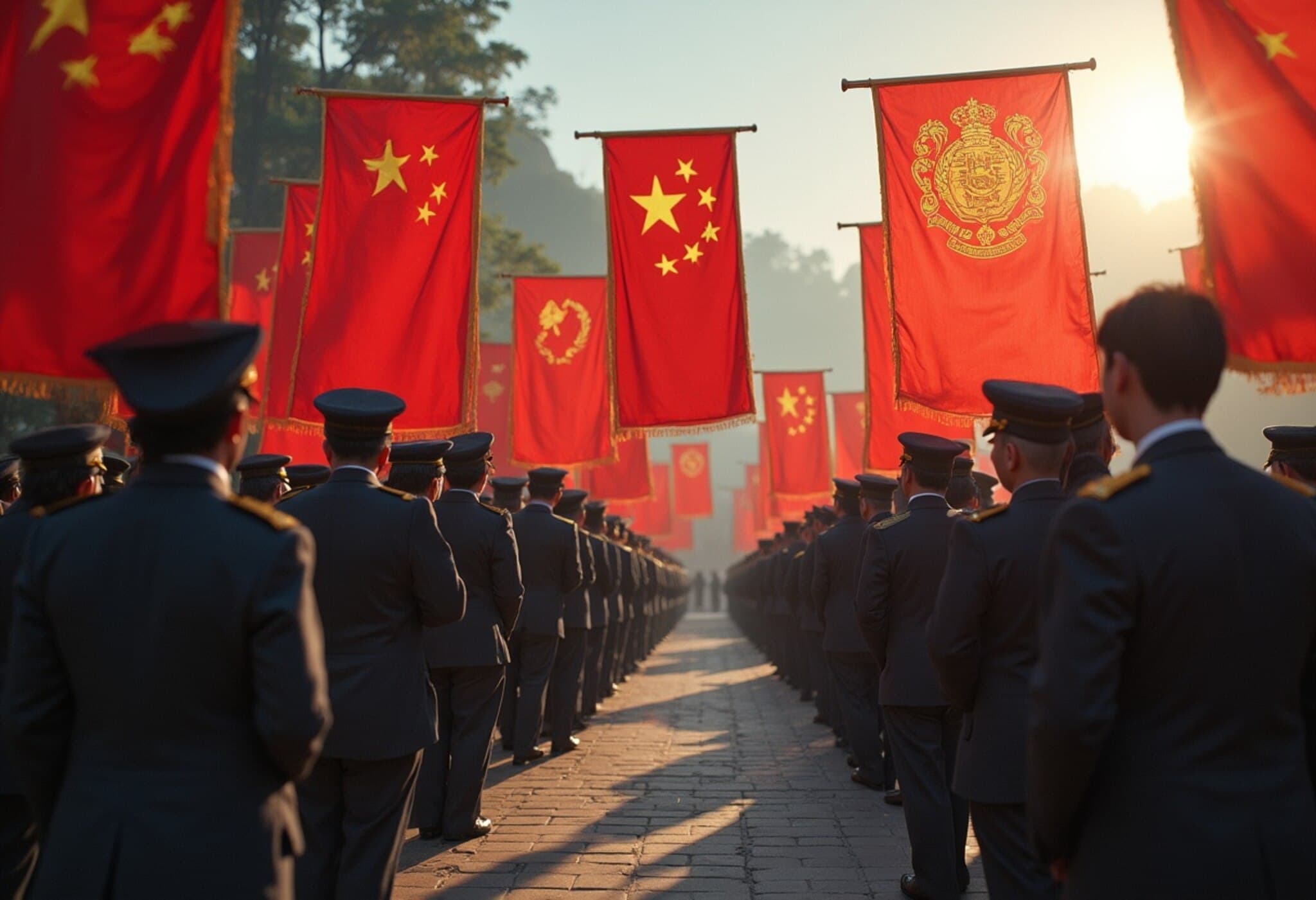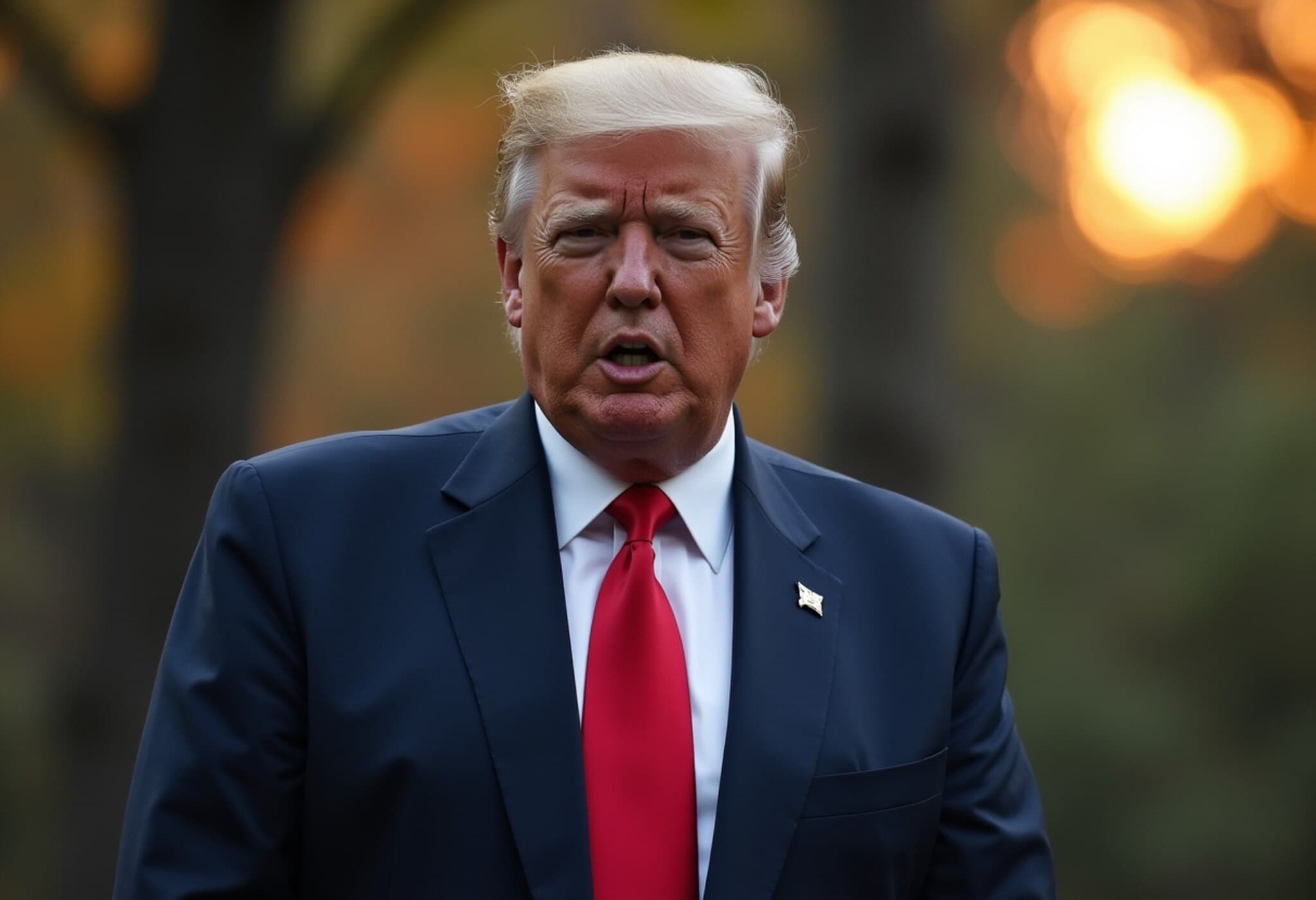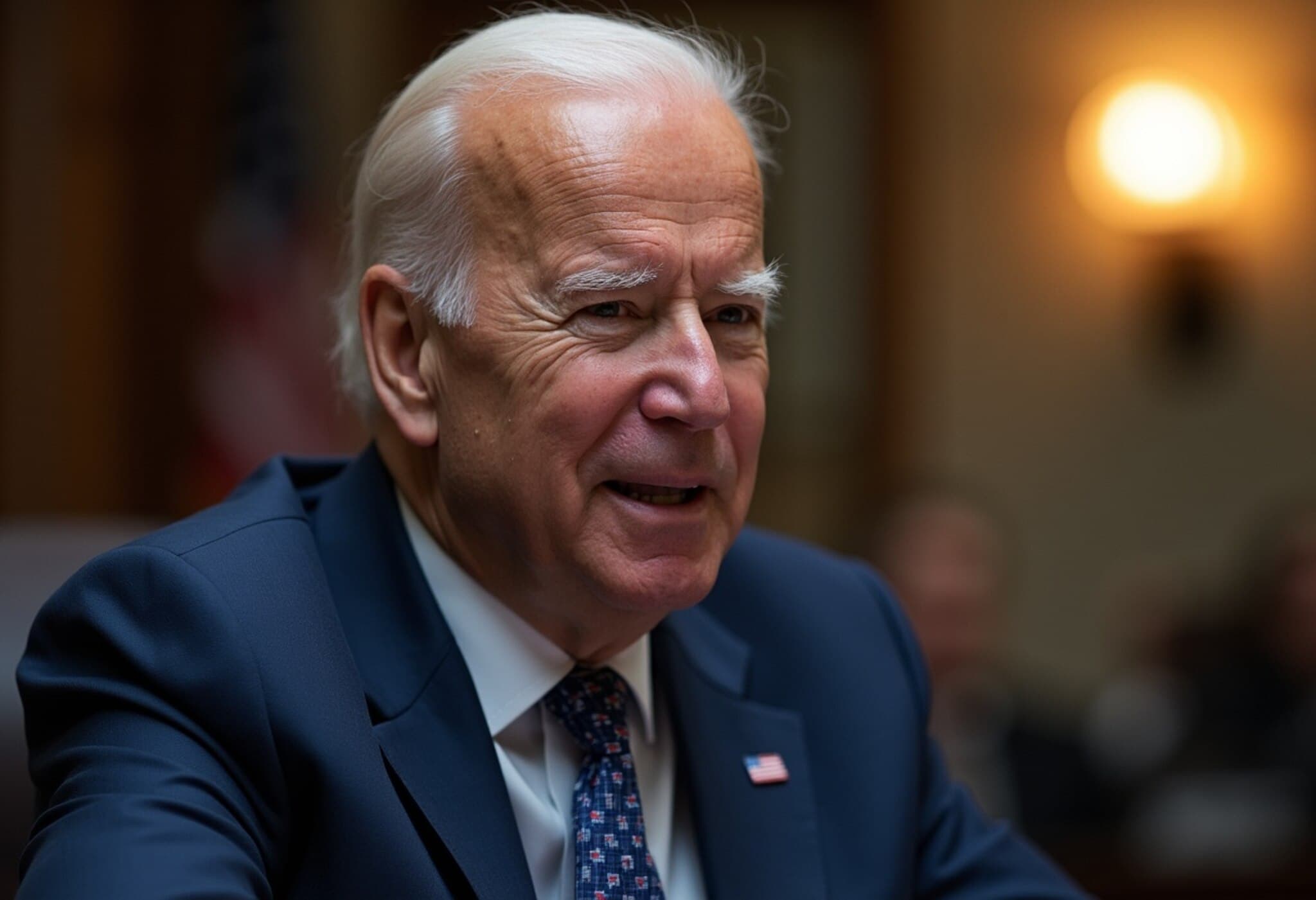Gita Gopinath Steps Down from IMF to Rejoin Harvard Faculty
In a significant move that marks the closing of a remarkable chapter in global economic leadership, Gita Gopinath, the Indian-American economist and the International Monetary Fund’s (IMF) First Deputy Managing Director, announced her decision to resign from the IMF by the end of August 2025. She will return to her academic roots as a professor at Harvard University starting September 1, 2025.
A Distinguished Career Bridging Academia and Global Policy
Gopinath’s departure concludes nearly seven influential years at the IMF, where she played a pivotal role in shaping economic policy amidst some of the world’s most challenging financial landscapes. She first joined the IMF in 2019 as its Chief Economist, becoming the institution’s first woman to hold that prestigious position. In 2022, she advanced to the role of First Deputy Managing Director, serving as the No. 2 official at this leading global financial institution.
Throughout her tenure, Gopinath was instrumental in guiding the Fund’s response to crises including the COVID-19 pandemic and the resulting economic dislocations impacting countries worldwide.
Returning to Harvard: The Start of a New Academic Chapter
On the occasion of her return, Gopinath will assume the newly established Gregory and Ania Coffey Professor of Economics chair, signaling Harvard’s recognition of her exceptional contributions to international economics and policy.
"After nearly seven amazing years at the IMF, I have decided to return to my academic roots," Gopinath shared on social media platform X. “I am truly grateful for my time at the IMF, first as Chief Economist and then as First Deputy Managing Director. Serving at the Fund during a period marked by global challenges has been a once-in-a-lifetime opportunity. Now, I look forward to advancing research in international finance and macroeconomics as well as mentoring the next generation of economists.”
Academic Foundations and Influential Mentorship
Before her tenure at the IMF, Gopinath built a robust academic career, anchoring herself as a leading economist at Harvard University. From 2005 until her IMF appointment in 2022, she held the position of John Zwaanstra Professor of International Studies and Economics. Prior to Harvard, she taught at the University of Chicago’s prestigious Booth School of Business from 2001 to 2005.
Her scholarly work has significantly influenced understanding of international macroeconomics and development economics, particularly regarding emerging markets — an expertise deeply valuable to both academia and international policy-making circles.
High Praise from IMF Leadership
IMF Managing Director Kristalina Georgieva lauded Gopinath’s leadership and impact, describing her as “an outstanding colleague—an exceptional intellectual leader, deeply committed to the Fund’s mission, and a caring, capable manager who inspired our staff.”
Looking Ahead: Implications and Opportunities
- For the IMF: Gopinath’s departure will open the door for new leadership during a period of continued global economic turbulence, requiring fresh perspectives on inflation, debt crises, and geopolitical risks.
- For Harvard and Academia: Her return promises to invigorate the Economics Department with frontline policy insights, bridging theory and practice in ways that could shape future economic scholarship and policymaking.
- For Global Economics: As a prominent female figure in economics, Gopinath’s career moves spotlight the evolving role of diverse voices in international institutions and academia, inspiring aspiring economists worldwide.
Underreported Perspectives
Beyond the headline, Gopinath’s journey underscores a broader narrative about the increasing integration of academic research with practical economic policymaking at global levels. How will her return influence the balance between theoretical economics and policy-focused research at Harvard? Will her experience at the IMF steer more robust engagements between academic institutions and international organizations?
Moreover, her stepping down raises questions about IAM leadership succession and the strategic priorities the IMF will pursue amid ongoing financial volatility.
Editor’s Note
Gita Gopinath’s decision to leave the IMF at a critical juncture in global economics to return to academia poses compelling questions about the interplay between policy and scholarship. Her career exemplifies the rare blend of rigorous academic expertise and high-level policy leadership, illustrating how economists can shape both theory and real-world outcomes. As she embarks on this new phase at Harvard, observers will watch closely how she harnesses her IMF insights to educate, inspire, and influence the next wave of economic thought and policy.
For the broader community, this transition highlights the value of diverse pathways in economics and the enduring relevance of mentorship and research in addressing global economic challenges.

